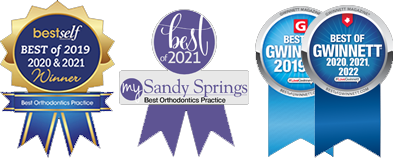American Journal of Orthodontics and Dentofacial Orthopedics
Volume 156, Issue 4, October 2019, Pages 475-484
FelipePortoab, RickyHarrella, RolandFulchera, TheresaGonzales
This project was undertaken to accomplish 2 objectives: (1) to identify whether there is a discrepancy between orthodontists and experts in temporomandibular disorders (TMD) related to diagnosis and treatment of TMD patients, and (2) to influence the manner in which TMD curricula are taught in orthodontic residency programs, better preparing future orthodontic specialists to diagnose and treat (and refer) patients with TMD.
A survey invitation was e-mailed to 8870 members of the American Association of Orthodontists. Items were answered on a 6-point scale (0 = I don’t know; 1 = strongly disagree; 2 = disagree; 3 = neutral; 4 = agree; 5 = strongly agree). A group consensus was attributed when more than 50% of the orthodontists supported a response. Previously published responses of TMD experts were used as a reference to evaluate the orthodontists’ responses. Comparisons between the responses from the 2 groups were assessed using a z-test.
Among the participants who responded to the questionnaire, 148 were residents, 1132 were private practitioners, and 61 were full-time faculty. Sixty-two percent of the participants did not think they received enough training in TMD during their orthodontic residency. Although 62% of participants indicated that they feel comfortable diagnosing TMD patients, 50.2% do not feel comfortable treating TMD patients. There was no significant difference between the 2 groups’ responses under one-third of the questions.
It is clear that orthodontic residencies in the U.S. need to improve methods of teaching TMD concepts. Although most orthodontists feel comfortable diagnosing TMD patients, less than half feel comfortable treating those patients, and the difference in responses with the TMD expert group was significant in 71% of the questions.
This is an abstract version of the original article.
Click Here to view full text.
